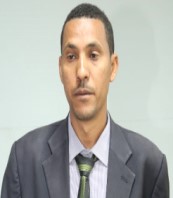 Name: Dr.Lemesa Bedjisa Dano
Name: Dr.Lemesa Bedjisa Dano
Qualification:PhD
Position:Assistant Professor of Mathematics
Designation: DGC Committee Chairman
Research Area/Interest:Mathematical modeling of infectious disease, Optimal control and cost-effectiveness analysis of HIV/AIDS, Malaria, Dengue, Hepatitis B infection, Liver Cirrhosis, and so on, Fractional order modeling with diseases, and Fractional optimal control strategies for Dengue, HBV, Corruption dynamics, Crime dynamics, Female genital mutilation dynamics and so on.
Research OutputsLinks:
Google Scholar: https://scholar.google.com/citations?user=DdrJE-UAAAAJ&hl=en
ORCID: https://orcid.org/0000-0002-7323-628X
Contact details:
Mobile: +251913843232
E-mail(s): This email address is being protected from spambots. You need JavaScript enabled to view it., This email address is being protected from spambots. You need JavaScript enabled to view it.
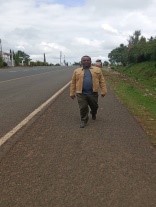 Name: Dr.Fekadu Tesgera Agama
Name: Dr.Fekadu Tesgera Agama
 Name: Dr.Lemesa Bedjisa Dano
Name: Dr.Lemesa Bedjisa Dano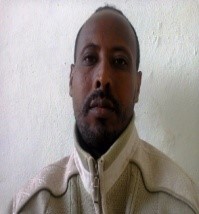
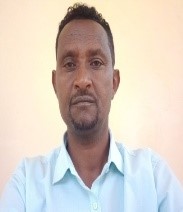 Name: Dr.GeremewKenassa Edessa
Name: Dr.GeremewKenassa Edessa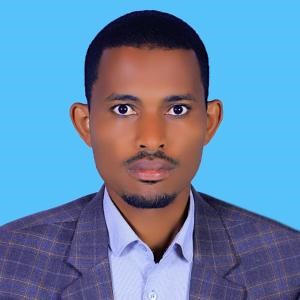 Name: Dr. Tariku Birabasa Mekonnen
Name: Dr. Tariku Birabasa Mekonnen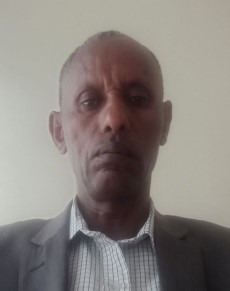 Name: Dr.Boka Kumsa
Name: Dr.Boka Kumsa Name: Dr.Gosa Gadisa Oljira
Name: Dr.Gosa Gadisa Oljira Name: Prof.(Dr.) Repalle V N SrinivasaRao
Name: Prof.(Dr.) Repalle V N SrinivasaRao